Graphene
Category:
New Products
key word:
- Product description
- Technical Information
- Application scenarios
- More
-
Graphene
Graphene is an allotrope of carbon in the form of a two-dimensional, atomic-scale, hexagonal lattice in which one atom forms each vertex. It is the basic structural element of other allotropes, including graphite, charcoal, carbon nanotubes and fullerenes. It can be considered as an indefinitely large aromatic molecule, the ultimate case of the family of flat polycyclic aromatic hydrocarbons.Graphene and its band structure and Dirac cones, effect of a grid on doping.
Graphene has many unusual properties. It is about 200 times stronger than the strongest steel. It efficiently conducts heat and electricity and is nearly transparent. Graphene shows a large and nonlinear diamagnetism, greater than graphite and can be levitated by neodymium magnets.
Graphene is a transparent and flexible conductor that holds promise for various material/device applications, including solar cells, light-emitting diodes (LED), touch panels and smart windows or phones. For example, Graphene-based touch panel modules have been used in volume to cell phone, wearable device and home appliance manufacturers.
No.
Instrument
Test item
Instrument pictures
1
High resolution transmission electron microscopy
Layer
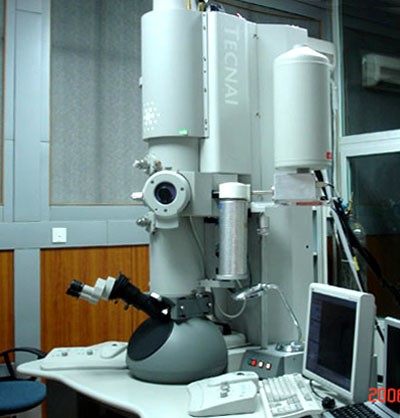
2
Scanning electron microscope
Microscopic morphology
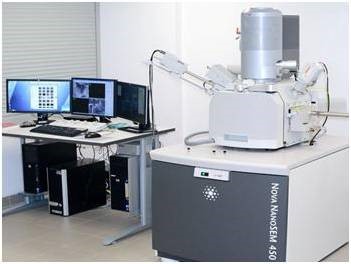
3
Elemental analyzer
Density
Ash
Chemical%
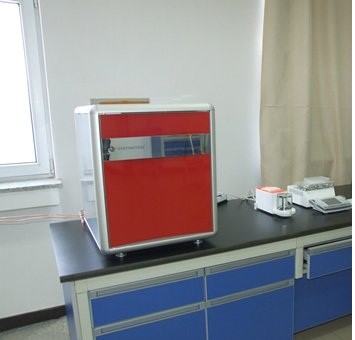
4
X ray diffractometer
Layers condition
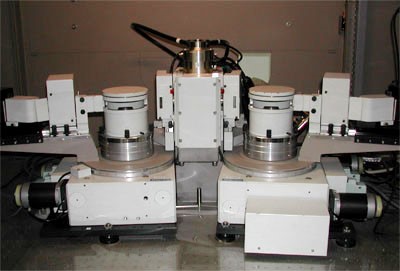
5
ICP-AES full spectrum direct reading plasma emission spectrometer
Metal ion content
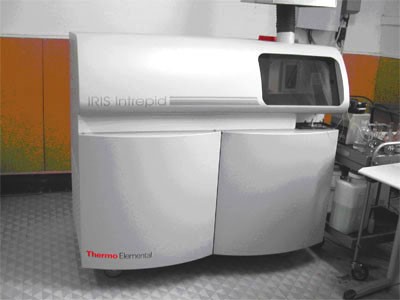
6
XPS analyzer
Carbon oxygen ratio
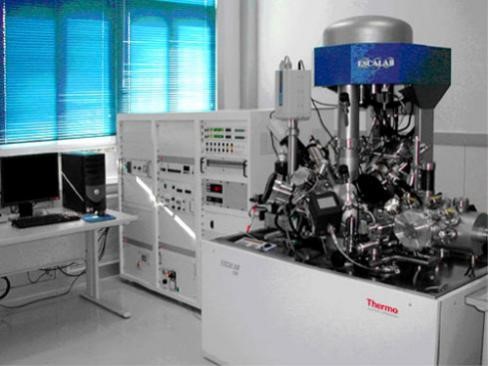
7
BET tester
Specific surface area
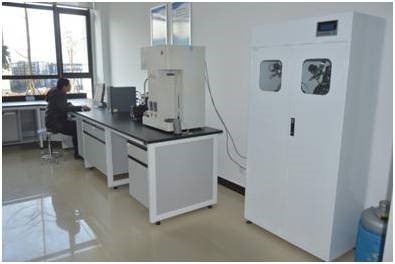
NEXT:
Get a quote
If you are interested in our products, please leave your email and we will contact you as soon as possible. Thank you!
Related products







